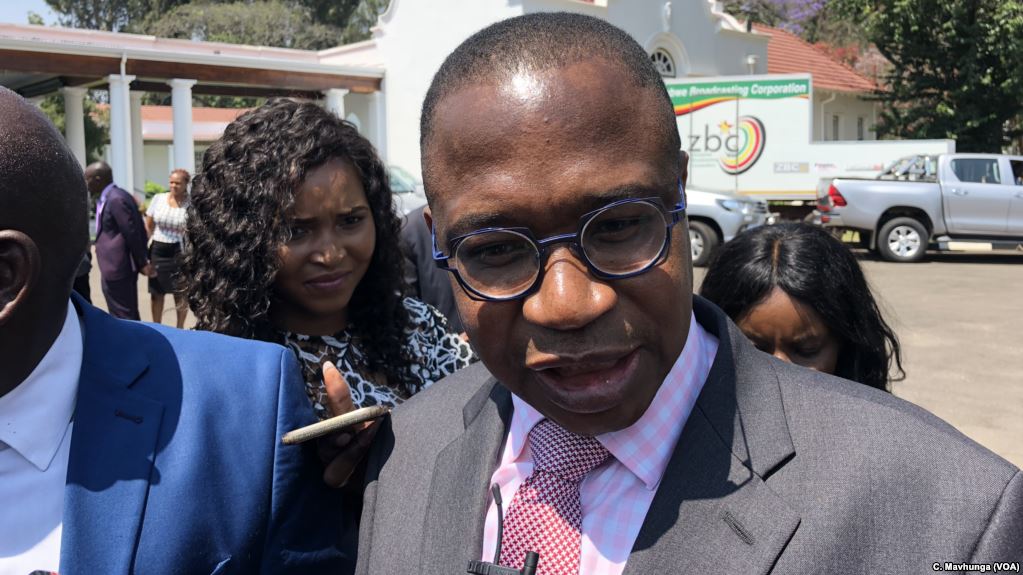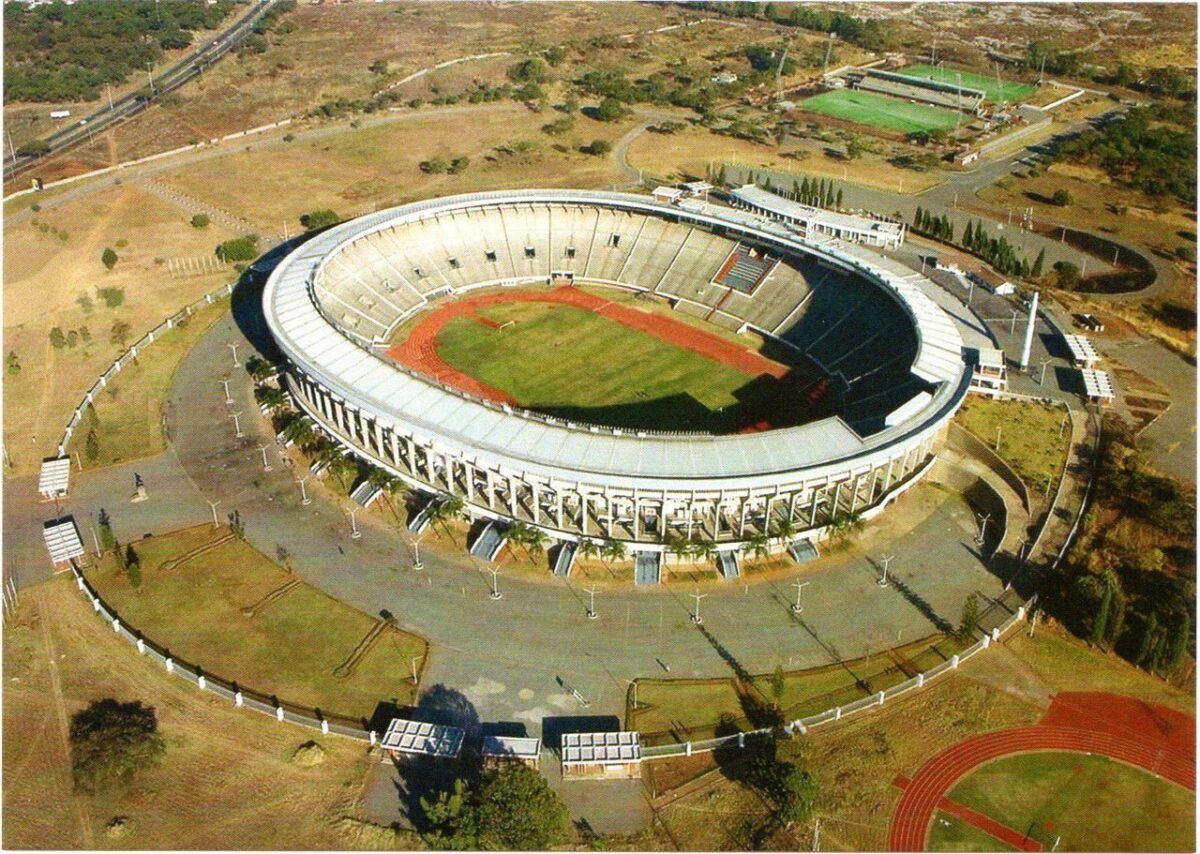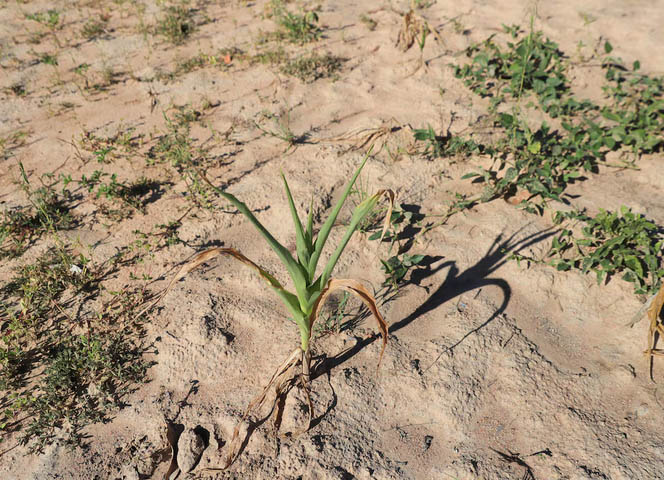HARARE- Zimbabwe’s economy is projected to contract by up to 6 percent this year due to a drought that hit farming output and electricity generation but is expected to rebound in 2020 on better agriculture prospects, a treasury document showed on Monday.
Hopes that Zimbabwe’s economy would quickly rebound under President Emmerson Mnangagwa, who took over after the late Robert Mugabe was deposed in a coup in November 2017, have faded fast as citizens grapple with soaring inflation which has eroded earnings and savings.
Finance minister Mthuli Ncube said in a pre-budget planning document that Zimbabwe’s economic problems were being compounded by shortages of foreign currency, fuel and electricity.
“The economy is, therefore, projected to underperform by as much as -3 percent to -6 percent in 2019,” the document said, adding that the economy was expected to grow 4.6 percent next year.
The country is grappling with its worst crisis in a decade, with triple-digit inflation, rolling power cuts and shortages of U.S. dollars, medicines and fuel which have revived memories of the 2008 hyperinflation.
The treasury said the month-on-month inflation rate was projected to fall to around 10 percent by December this year before easing to 2.3 percent at the end of 2020.
Ncube announced last month that they would stop publishing year-on-year inflation figures after a currency change. But the IMF said inflation reached 300 percent in August.
The government had kept spending in check, the treasury said, and is expecting a budget deficit of up to 4 percent of GDP this year.
















